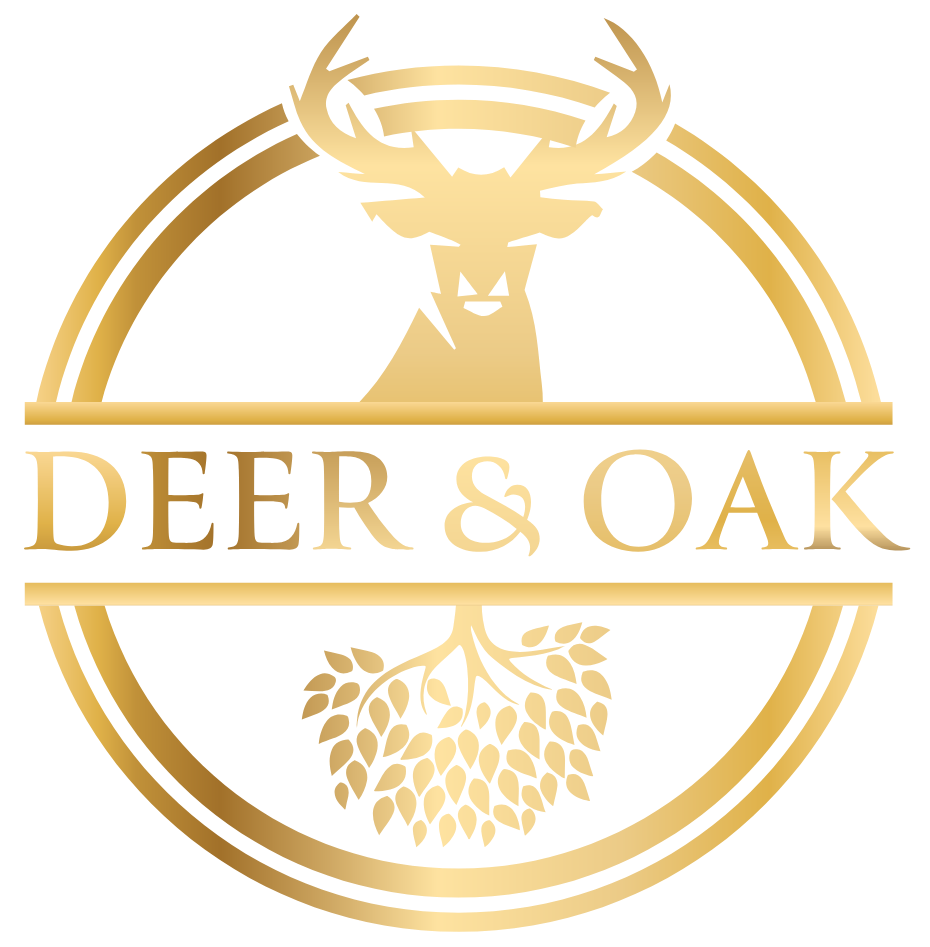
Introduction
Choosing the right chopping board can make meal prep smoother and healthier. In the UK kitchen, bamboo and hardwood boards each offer unique benefits—from sustainability and antimicrobial properties to knife care and aesthetic appeal. This guide weighs both sides using real insights for everyday cooks.
Why It Matters
-
Knife health: Softer vs harder surfaces impact how sharp your knives stay.
-
Hygiene: Material porosity and surface grooves influence bacterial safety.
-
Sustainability: Bamboo regenerates quickly; hardwood varies by source.
-
Maintenance: Different oiling, durability, and cleaning needs affect usability.
Bamboo Cutting Boards: Highlights & Considerations
** Pros**
-
Highly sustainable: Bamboo is fast-growing and low-impact, making it an eco-friendly choice.
-
Naturally antimicrobial and moisture-resistant: Adds hygiene benefits and durability.
-
Affordable and durable: Bamboo resists cracking and offers great value.
-
Gentle on knives: Some bamboo boards offer a forgiving surface for blade edges.
** Cons**
-
Knife dulling over time: Bamboo’s hardness may wear edges faster.
-
Requires regular care: Needs oiling and proper drying to avoid splitting.
Hardwood Cutting Boards: Highlights & Considerations
** Pros**
-
Exceptional knife friendliness: Woods like maple or walnut cushion blades for longer sharpness.
-
Long-lasting with proper care: Can be resurfaced and oiled to last for decades.
-
Rich aesthetics: Grain variations add warmth and style to your kitchen decor.
** Cons**
-
Higher cost: Premium hardwood varieties can be more expensive.
-
Variable sustainability: Depends on responsible sourcing (look for FSC-certified wood).
-
Moisture-sensitive: Needs prompt cleaning and oiling to prevent warping.
Choosing What Works for You
| Your Priority | Best Option | Why It Suits You |
|---|---|---|
| Eco-conscious & budget-friendly | Bamboo | Sustainable, durable, and affordable |
| Seeking classic style & longevity | Hardwood | Resurfacing and timeless visual appeal |
| Blade protection & knife care | Hardwood | Softer grain cushions knives longer |
| Easy maintenance | Bamboo | Less prone to deep knife scars, but still needs care |
FAQs
** Q: Are bamboo boards more eco-friendly than hardwood?**
A: Yes. Bamboo is a grass that regenerates quickly and requires minimal resources compared to slow-growing hardwood trees.
** Q: Will bamboo dull my knives faster than wood?**
A: Slightly—bamboo is harder, which can wear your knife’s edge faster than softer woods. Choose what balances aesthetics and maintenance for you.
** Q: Which is easier to maintain—bamboo or hardwood?**
A: Hardwood often needs less frequent oiling and may be more resilient to knife marks, while bamboo resists warping but requires regular care to prevent cracking.
Conclusion
Both bamboo and hardwood boards bring strong benefits to your UK kitchen. If sustainability, affordability, and durability are priorities, bamboo is often the go-to. If you're after longevity, elegance, and knife protection, hardwood stands out. Use both keenly—match board type to task—and make your chopping experience all-round smarter.
You can purchase Deer & Oak bamboo and hardwood boards at deerandoak.co.uk or via TikTok Shop and Amazon UK.
